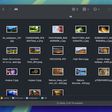As Apple CEO Tim Cook gears up to testify in an App Store antitrust hearing before the House Judiciary Committee next week, Apple has commissioned a study from Analysis Group [PDF] that's designed to demonstrate how similar Apple's App Store fees and practices are to those of other digital marketplaces like the Amazon Appstore and the Google Play app.
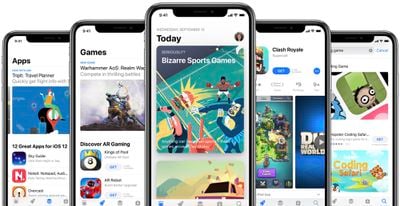
Apple takes a 30 percent cut of all paid apps and in-app purchases, along with a 30 percent cut of all in-app digital subscriptions during the first year. That drops to 15 percent in the second year.
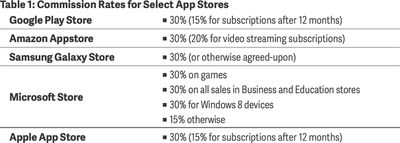
Analysis Group compared Apple's commission rates to those used by 38 digital marketplaces for apps and software, video game platforms, and found that most also take a 30 percent cut of sales. The Google Play Store, Amazon App Store, Galaxy Store, Xbox, PlayStation, and Nintendo all have similar commission fees.
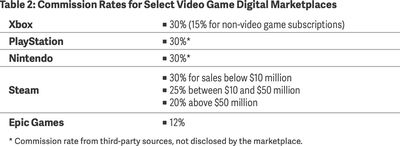
Since Apple also sells other digital goods like books and music, the study covered commission rates for other digital content platforms like Kindle Direct Publishing, Nook, and Kobo, all of which collect between 30 and 65 percent from book sales on their platforms.
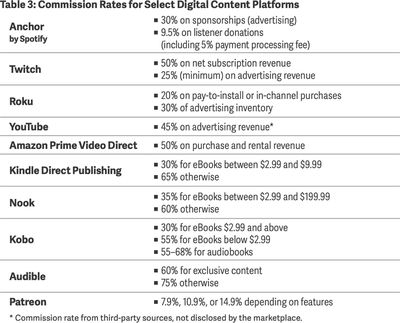
When it comes to e-commerce marketplaces like Amazon, eBay, Etsy, Uber, Walmart, Ticketmaster, TaskRabbit, Poshmark, and more, fees range from 5 percent up to 37 percent.
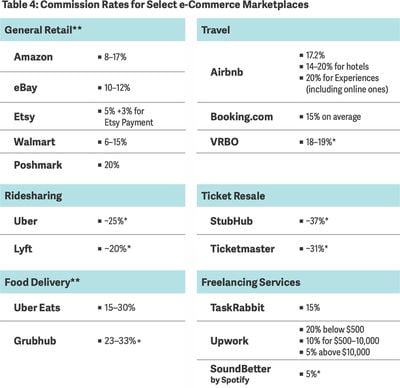
The study suggests that App Store developers earn "substantially higher share" of total sales than through brick-and-mortar channels. For video games, developers and publishers collect less than 45 percent of the retail price, and before digital marketplaces, 60 to 70 percent of software sales went to intermediaries rather than software creators.
As for Apple's rules that developers must use its in-app purchase options, the study suggests that's common for many e-commerce sites and services. Amazon, eBay, Etsy, and Walmart all have rules preventing sellers from directing buyers to external sites, as do Airbnb, VRBO, TaskRabbit, Upwork, and Spotify's SoundBetter.
The study concludes that Apple's App Store commission rates are in line with those charged by other digital content marketplaces, it's cheaper to distribute software digitally than through a brick-and-mortar store, and that Apple's rules about "free riding" are similar to the rules enacted by other companies.
Apple CEO Tim Cook is likely to cite this study when he testifies in front of the House Judiciary Committee on Monday. Cook is expected to be questioned about the App Store's fees and policies on rejection and competition. Cook's testimony is part of an antitrust investigation that won't directly lead to enforcement, but will govern future legislation that could regulate digital marketplaces.
The full Analysis Group study commissioned by Apple can be read here.
















